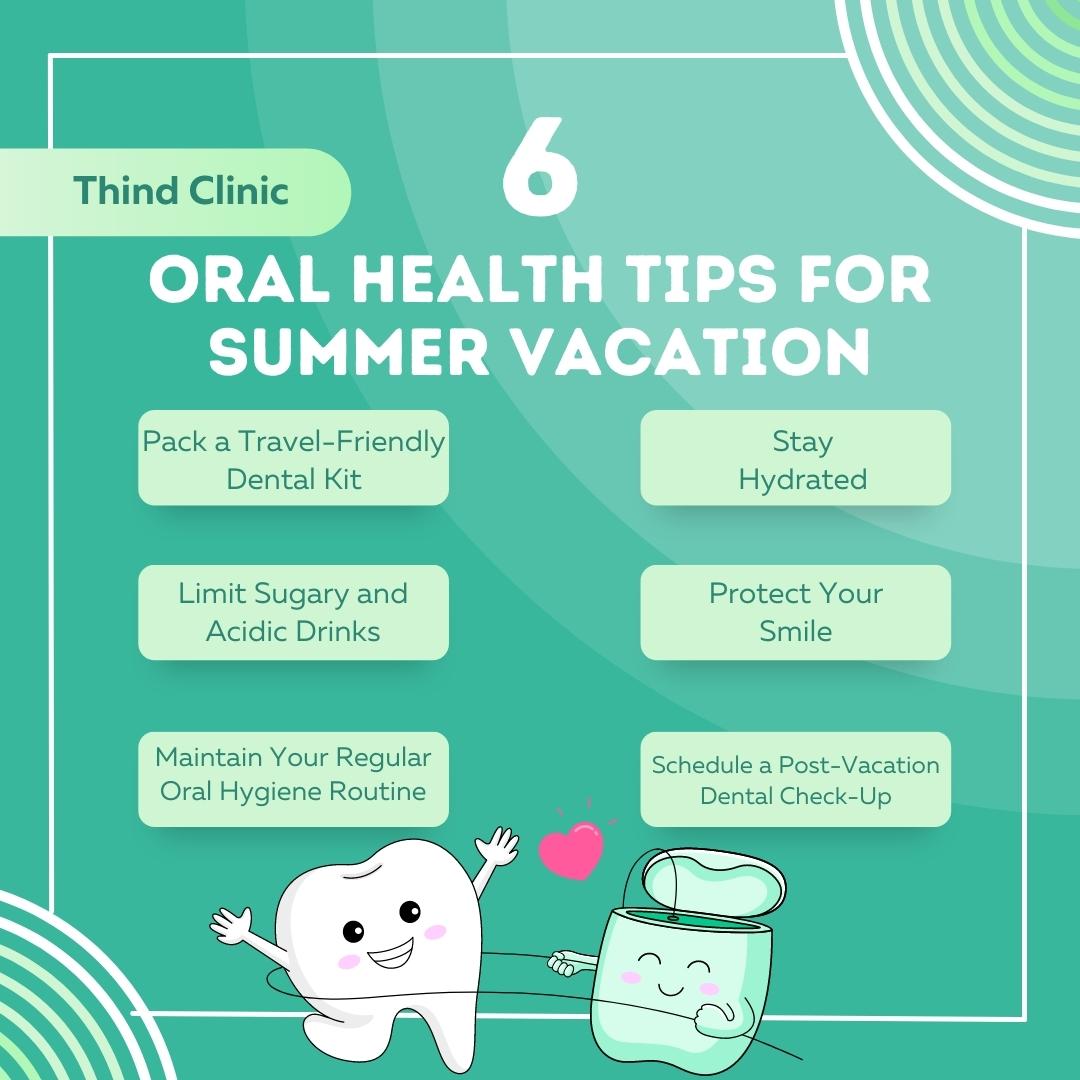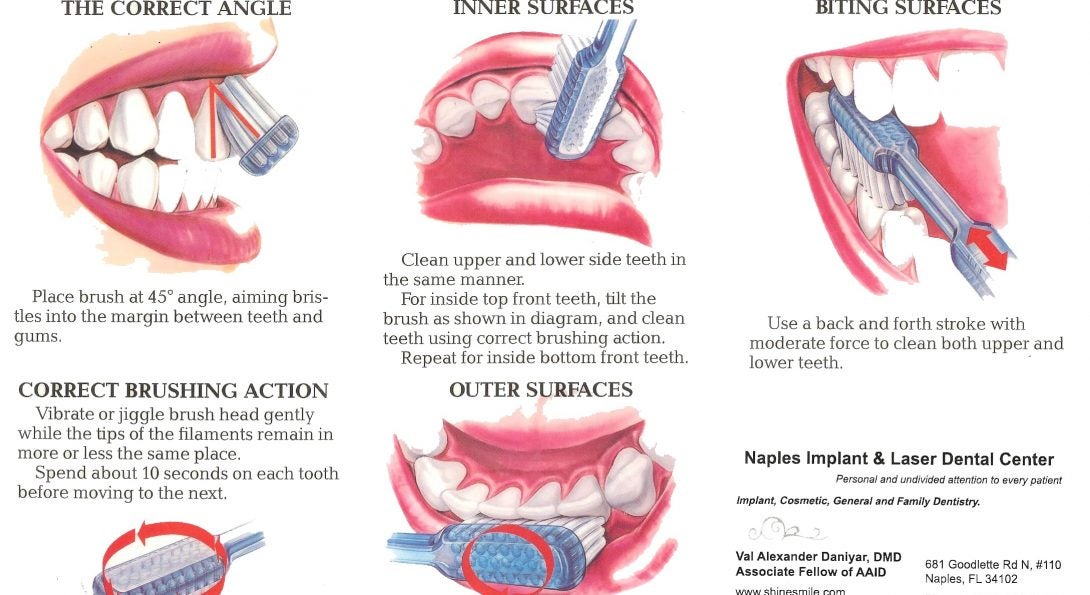
Maintaining optimal dental health is crucial for a confident smile and overall well-being. In this article, we’ll explore valuable dental wellness tips to help you achieve and sustain a healthy and radiant smile.
Understanding the Basics of Oral Hygiene
Good oral hygiene forms the foundation of dental wellness. Regular brushing, flossing, and rinsing with an antiseptic mouthwash help eliminate plaque and prevent gum diseases. Establishing a consistent oral care routine is key to preventing cavities and maintaining healthy gums.
Choosing the Right Toothbrush and Toothpaste
Selecting the right toothbrush and toothpaste is vital for effective dental care. A soft-bristled toothbrush is recommended to avoid damaging the enamel and gums. Fluoride toothpaste helps strengthen the enamel, making it more resistant to decay. Remember to replace your toothbrush every three to four months or sooner if the bristles appear frayed.
The Importance of Regular Dental Check-ups
Regular visits to the dentist are essential for preventive care and early detection of potential issues. Professional cleanings and examinations help maintain oral health and address any concerns before they escalate. Commit to scheduling dental check-ups at least twice a year for comprehensive care.
Balancing a Nutrient-Rich Diet for Dental Health
Nutrition plays a significant role in dental wellness. Consuming a balanced diet rich in vitamins and minerals, particularly calcium and vitamin D, promotes strong teeth and gums. Limiting sugary snacks and beverages helps prevent cavities and supports overall oral health.
Hydrate for Healthy Gums and Teeth
Water is not only essential for overall health but also for dental well-being. Drinking water helps rinse away bacteria and leftover food particles, reducing the risk of cavities and maintaining fresh breath. Opt for water over sugary drinks to support your oral hygiene.
Avoiding Harmful Habits
Certain habits can negatively impact dental health. Avoid smoking and excessive consumption of alcohol, as these can contribute to gum disease and tooth decay. If you engage in activities like nail-biting or using your teeth as tools, consider breaking these habits to protect your oral health.
Protecting Your Teeth During Physical Activities
For those involved in sports or physical activities, wearing a mouthguard is crucial to prevent dental injuries. Accidents can happen, and a mouthguard acts as a protective barrier, reducing the risk of broken teeth or injuries to the jaw.
Stress Management for Oral Well-being
Stress can manifest in various ways, including teeth grinding or clenching. These actions, known as bruxism, can lead to dental issues such as worn enamel and jaw pain. Managing stress through relaxation techniques or seeking professional help can contribute to better oral health.
Maintaining Proper Dental Care at Home
In addition to regular dental check-ups, consistent at-home care is paramount. Practicing good oral hygiene, along with adopting a healthy lifestyle, ensures that your dental wellness efforts are comprehensive and effective.
Now that we’ve explored these essential dental wellness tips, remember that Studentals.net offers valuable resources and professional guidance to enhance your oral health journey. Click here for more information and expert advice on achieving and maintaining a healthy smile.






